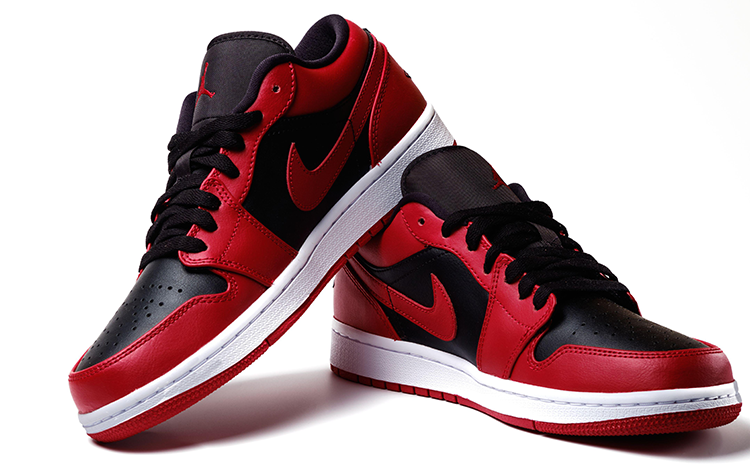The sneaker industry has experienced a big change for several years, evolving from a simple footwear category to a cultural phenomenon. Sneaker resale platforms, like online marketplaces, have entirely changed how we buy and sell sneakers, and they are at the center of this evolution. Not only are they offering practical means of trading sneakers, but online marketplaces have nourished a secondary market, turning sneakers into valuable goods.
History of Reselling Sneakers
In the 1980s, people began buying and selling shoes used in basketball and hip-hop culture at a markup price. They started doing this when those specific shoes started becoming popular. Limited editions were released, and endorsement deals with sports icons contributed to the rise of a resale market.
When the growth of sneaker culture happened, it was sustained by iconic releases such as the Air Jordans; therefore, a community of sneaker collectors began to form in the 1990s. This group of collectors looked for rare and exclusive pairs.
In the late 1990s, eBay began to emerge, and it became a big deal for sneaker enthusiasts. The sellers had the opportunity to reach a wider range of customers, while the buyers had access to a wider range of sneakers, which included rare and discontinued ones. The site became an important platform in the early days of reselling.
Sneakerhead forums became available in the early 2000s, like NikeTalk and Sole Collector. They played an important role in reselling sneakers because they became a medium for enthusiasts to talk about new releases, share information, and trade sneakers with one another. The forums became a virtual marketplace where they could connect and make transactions.
Limited editions were released during the mid-2000s. There would be buyers camping outside the stores before a general sale for the limited edition shoes happened. By 2010, the marketplace had undergone a big shift when the development of StockX, GOAT, and Stadium Goods happened.
With its advanced technology, it allows transactions, authenticates footwear, and offers thorough information on the product. Also, it made sure that the products were authentic and of high quality.
You can also check out Slingo talk about StockX and GOAT.
What were the appeals of reselling sneakers?
It gave it scarcity and exclusivity. There have been a lot of sneakers that would be released as limited editions, which created a sense of scarcity and exclusivity. Because of this, the value of these products can potentially increase over time, turning them into a collector’s item or a desirable investment.
It gave it cultural significance. For some, they are more than just shoes. They are cultural symbols that represent trends, subcultures, and a person’s identity. If you own limited-edition sneakers, you will be able to connect with a community that also collects and owns limited editions.
It gave opportunities financially by reselling them. When they buy sneakers at a retail price and sell them for a higher price in the online market, the reseller can make a big profit from their investment.
Finally, it also provided convenience and authenticity. The sneaker resale platforms provide a convenient and secure way to buy and sell sneakers. Its authentication processes make sure that the buyers will receive authentic products, which lessens the risk of buying fake or counterfeit items.
What was the result of the impact of reselling sneakers?
It increased demand with the availability of online markets. This encourages the brand to release more limited editions and exclusive collaborations.
It elevated the prices, meaning the high demand for specific sneakers has raised their prices. This has created a market for rare models.
It fueled innovation because brands have become more creative in their designs and collaborations to meet the wants of collectors and investors.
Lastly, it created new business opportunities for entrepreneurs who were once operators of the platform to service authenticators.
What do we think the future of sneaker resale will be like?
As they continue to evolve, we can expect to see more creativity and growth. The assimilation of blockchain technology could provide even greater clarity and security when making transactions. Furthermore, if the market grows into an emerging market, there may be new opportunities for sellers as well as buyers.
In summary, the platforms have played a crucial role in transforming the sneaker industry. By providing a user-friendly, safe, and easily navigable marketplace, these platforms have generated the expansion of the secondary market and brought shoes to a previously unparalleled degree of cultural and economic importance.




